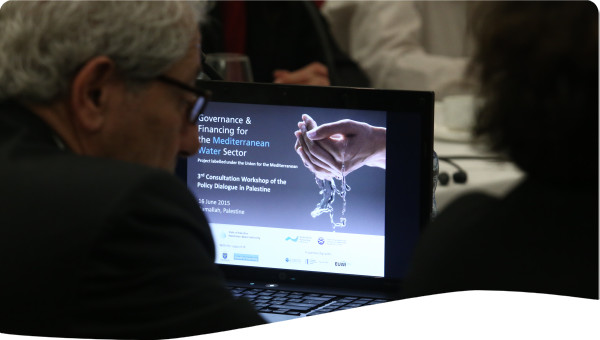Substantially more investment is needed in both OECD and developing countries to achieve water and, especially, sanitation policy objectives, and to realise the associated economic, social and environmental benefits. Optimising the need for investment through demand-side measures, such as better planning and low-cost technologies, and ensuring an adequate supply of finance will be essential to meet those objectives. Strategic financial planning that blends the "3Ts" - tariffs and other user contributions, tax-based subsidies and transfers including official development assistance - provides an important means for agreeing on water- and sanitation-related targets and how they will be achieved. This requires good information and analysis, policy dialogue among stakeholders, and appropriate measures to reduce the demand for, and increase the supply of, finance. This report reviews good practices in strategic financial planning in OECD and developing countries and summarises key lessons for policy makers and practitioners.
Description / Abstract
Publication year
Thematic Tagging
English
 Resource -
Resource -
